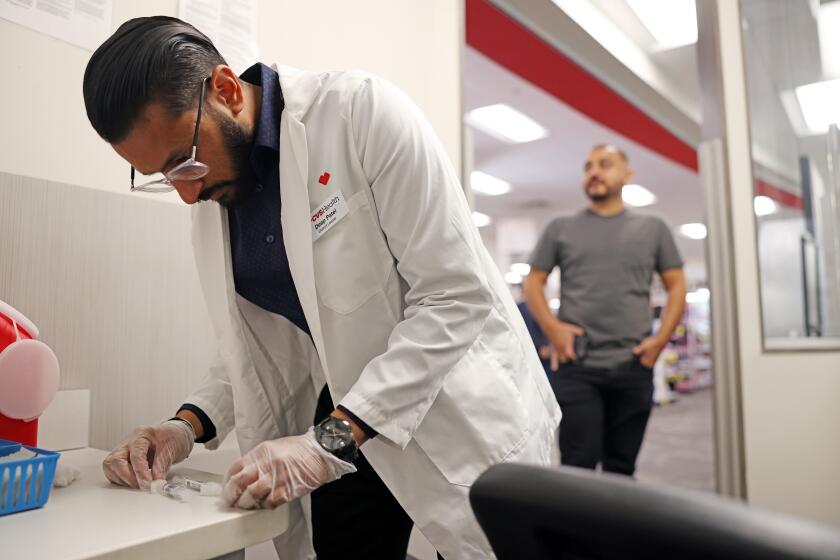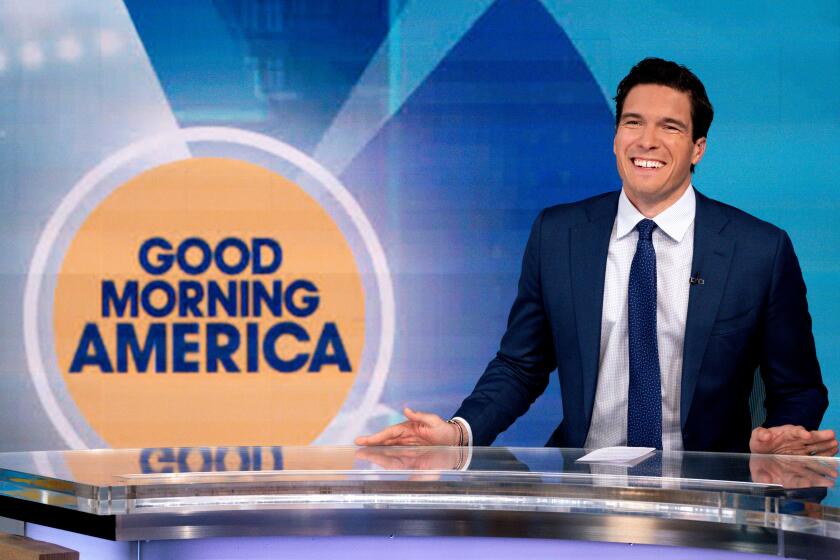The Unreal World: ‘Carnage’ and child bullying
“Carnage”
SBS Productions
U.S. release: Dec. 16
The premise
Ethan Longstreet (Eliot Berger), age 11, has formed a gang at his Brooklyn school but has excluded classmate Zachary Cowan (Elvis Polanski), also age 11. When Zachary confronts him, Ethan taunts Zachary and continues to keep him out of the group. Zachary responds to this rejection by hitting Ethan in the mouth with a stick, knocking out two teeth. Ethan’s parents, Penelope (Jodie Foster) and Michael (John C. Reilly), invite Zachary’s parents, Alan (Christoph Waltz) and Nancy (Kate Winslet), over to their apartment to discuss the altercation and find a way to resolve their children’s dispute amicably. But the meeting soon deteriorates into an ill-mannered shouting match in which the Cowans refuse to accept that their son deserves full blame for the attack. As the meeting drags on, both sets of parents appear highly dysfunctional and combative.
The medical questions
Is a child who strikes another child automatically considered a bully? Can a boy be a bully if he never even touches his victim? Is a child ever justified in punching a classmate who is taunting him? When children get into a fight, is it helpful for their parents to try to resolve the conflict? To what extent do children adopt the aggressive behavior of their parents?
The reality
Though the film identifies Zachary as the bully, Ethan has also engaged in bullying behavior by helping to initiate and escalate — rather than resolve — their conflict, says Jaana Juvonen, a professor of developmental psychology and bullying expert at UCLA. Juvonen points out that “exclusion and taunting are forms of bullying much like physical aggression.” Although the physical harm to Ethan of lost teeth is obviously considerable, the emotional toll on Zachary of verbal forms of bullying should not be underestimated, Juvonen says.
Bullying can also be a group phenomenon, usually involving several kids who exclude another child or children, says Dorothy Espelage, a professor of educational psychology at the University of Illinois in Urbana-Champaign who has studied bullying extensively. Though Ethan has every right to form an exclusive group, Espelage says, his decision to taunt Zachary turned the initial victim into the aggressor, unleashing “unpredictable behavior which lacks in emotional regulation.”
Arthur M. Horne, president-elect of the Society of Counseling Psychology, says that children are never justified in punching each other. “When we work with schools, we emphasize that everyone be treated with respect and dignity, and there is no place for aggression, violence or bullying,” he says. But Horne adds that if a school has failed to provide a safe environment and students aren’t taught the problem-solving skills needed to resolve conflicts, a child may conclude that violence is the only solution.
It is unwise for the parents of a victim to contact the parents of a bully because they will likely have difficulty agreeing on what really happened and emotions can easily get out of control, Juvonen says. An emotionally detached, unbiased mediator (typically a teacher or school administrator) is usually needed to help figure out what happened based on the story each boy tells. Meeting with parents implies there will be a rational approach to conflict resolution, adds Horne. “My experience, though, is that parents of an aggressive child seldom have an empathic appreciation for the child their kids pick on,” he says. The film clearly reflects this sad reality.
Espelage agrees that having the parents meet on their own is risky at best, and she routinely recommends against it. But she adds that it could be helpful in some cases when coordinated by a professional in order to “facilitate healthy discussions, defer blame and minimize defensiveness.”
Children can learn aggressive behaviors from a range of situations and people, including parents, Juvonen says. But childhood behavior is complex, and no one should jump to conclusions about blaming parents without understanding the exact circumstances that prompt a child to engage in bullying. According to Juvonen, one major question for child psychologists or other intervening experts is: Why does a child need to resort to aggressive means to feel that he is in control?
Espelage’s own research suggests that kids who experience violence in the home are at greater risk of having some involvement with bullying at school. In a report soon to be published in the Journal of Violence, she found that children in grades five through eight who are involved in bullying were 3.4 times (27% versus 8%) more likely than their peers to have been physically abused and twice (25% versus 12%) as likely to have witnessed domestic violence at home.
Siegel is an associate professor of medicine at New York University Langone Medical Center. His latest book is “The Inner Pulse: Unlocking the Secret Code of Sickness and Health.”
More to Read
Only good movies
Get the Indie Focus newsletter, Mark Olsen's weekly guide to the world of cinema.
You may occasionally receive promotional content from the Los Angeles Times.









